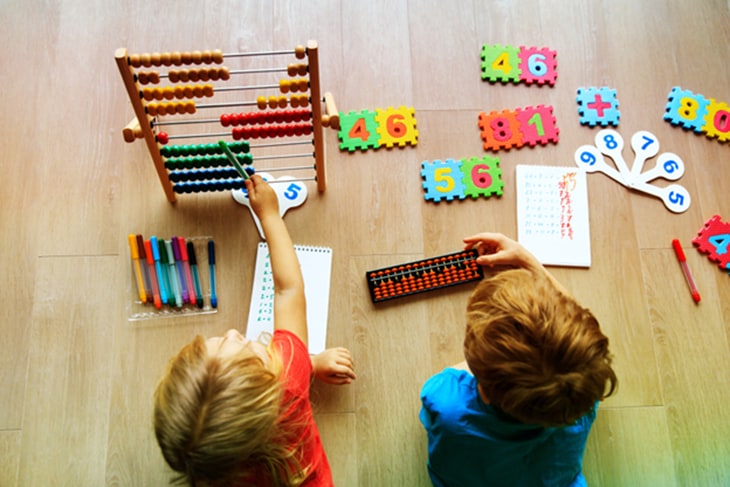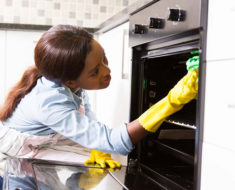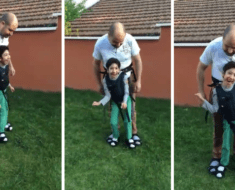
Our Voice Our Schools
As parents, we are often get pulled one way or another when it comes to educating and raising our children. It can feel like a minefield trying to know which school of thought to subscribe to, and even when you decide, you’re always wondering how the other options stack up. Socialising your children early has many benefits, and all parenting styles will agree on this. If you find yourself on the fence, let’s discuss why and when this should become a priority.
Get the basics sorted first
How can you be expected to stick to social calendars for your child, if you are struggling to get out of the house on time or travel in comfort? Brands like Joolz, and thousands of others, ease the pressure of parenting by creating stroller and baby accessories that account for those curveballs. Don’t let the weather, a poor night’s sleep or limited resources keep you from your engagements and the opportunity for your little one to grow mentally and physically.
Empathy and connection
Alright, now that you are set up with the tools you need, let’s understand why early socialising is so important. Children develop at different speeds and depths, although empathy is a quality that all children will adopt, and parents should be prioritising this learning. Only through connection and social interaction can a child recognise and sympathise with the moods of their peers and parents, influencing their behaviour so that they are positively contributing to their surroundings. For children with siblings, this is something that is grasped early, but even they should interact with children their own age and from different families outside of their own so that they can establish the appropriate way to behave and interact.
Sharing and compromise
Sharing is and continues to be, a subject that parents struggle to teach their children. Only by placing children in an environment where they have to share and compromise will the learning start to sink in. At home, all of the toys and play materials are owned by the child, but when there are five children in a sandpit and only one truck? The development begins, and it’s usually pretty ugly at the start.
Learning to share is a critical element in a child’s development, as you want them to grow up knowing that they simply don’t get the things and responses they wish every time, they need to work for them or wait their turn. Once again, this will come naturally to children with siblings but you should take the time to prioritize this learning with each child, as you don’t want them to grow into an adult that is challenged with this social norm and compromise.
Health and well-being
You would have heard before that your parents once allowed you to play with a child who might have been exhibiting some fluey symptoms, leading to you falling sick and letting those necessary childhood virus’ work through your system. This hasn’t changed in the modern era, as parents will appreciate that getting sick is part of developing physically and strengthens their young immune system to be more resilient. Early socialising can allow parents to time the sicknesses that their children must endure, and be prepared for when that happens. While mental development is critical, you must also consider the physical development that comes as a result of mixed company and social circumstances.
Early socialising provides more for your child than simply playtime, it has a significant impact on their mental and physical development. A child that sticks to the controlled environment that home provides will not get the opportunity to flex their curious and empathetic muscles. That’s not to say that your child won’t develop on their own, you should maintain a healthy mix of the two and give them enough downtime to recover from and process that social activity.









































